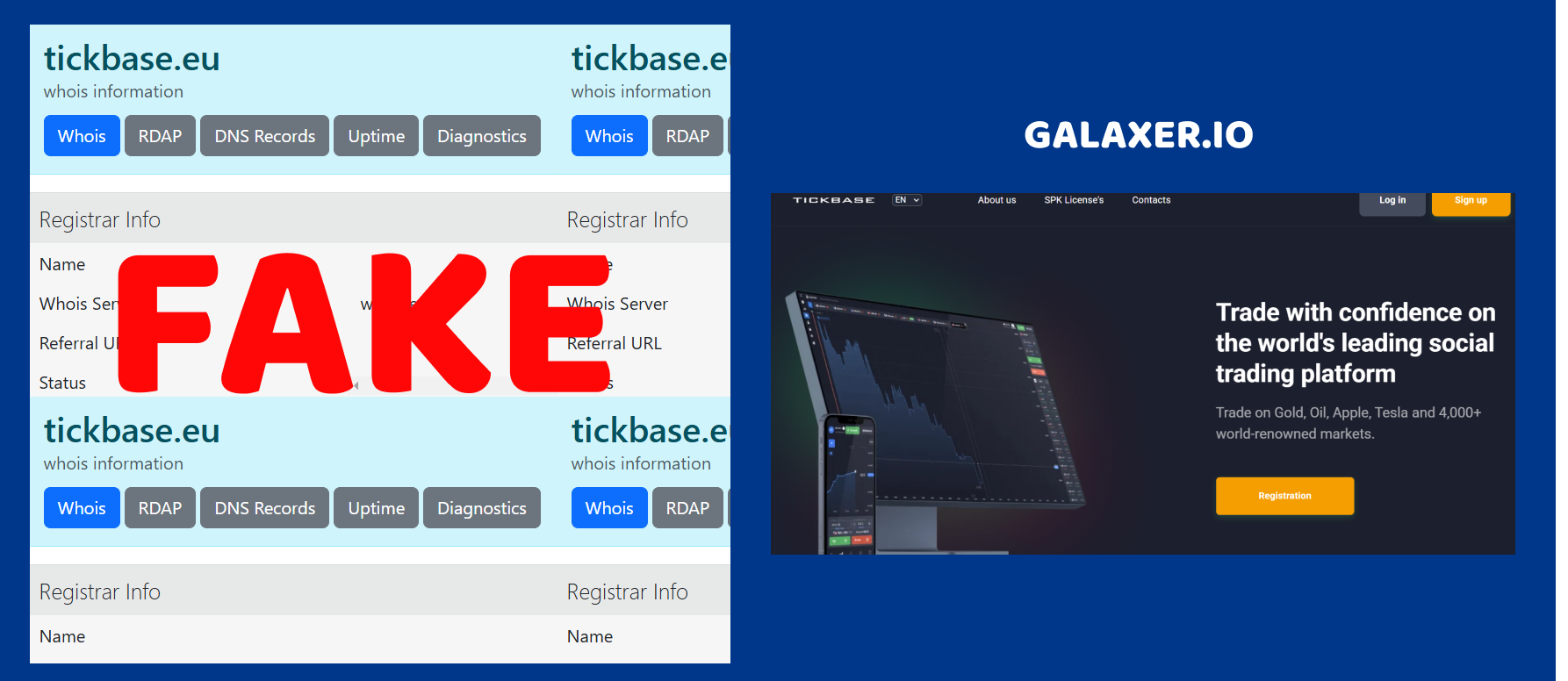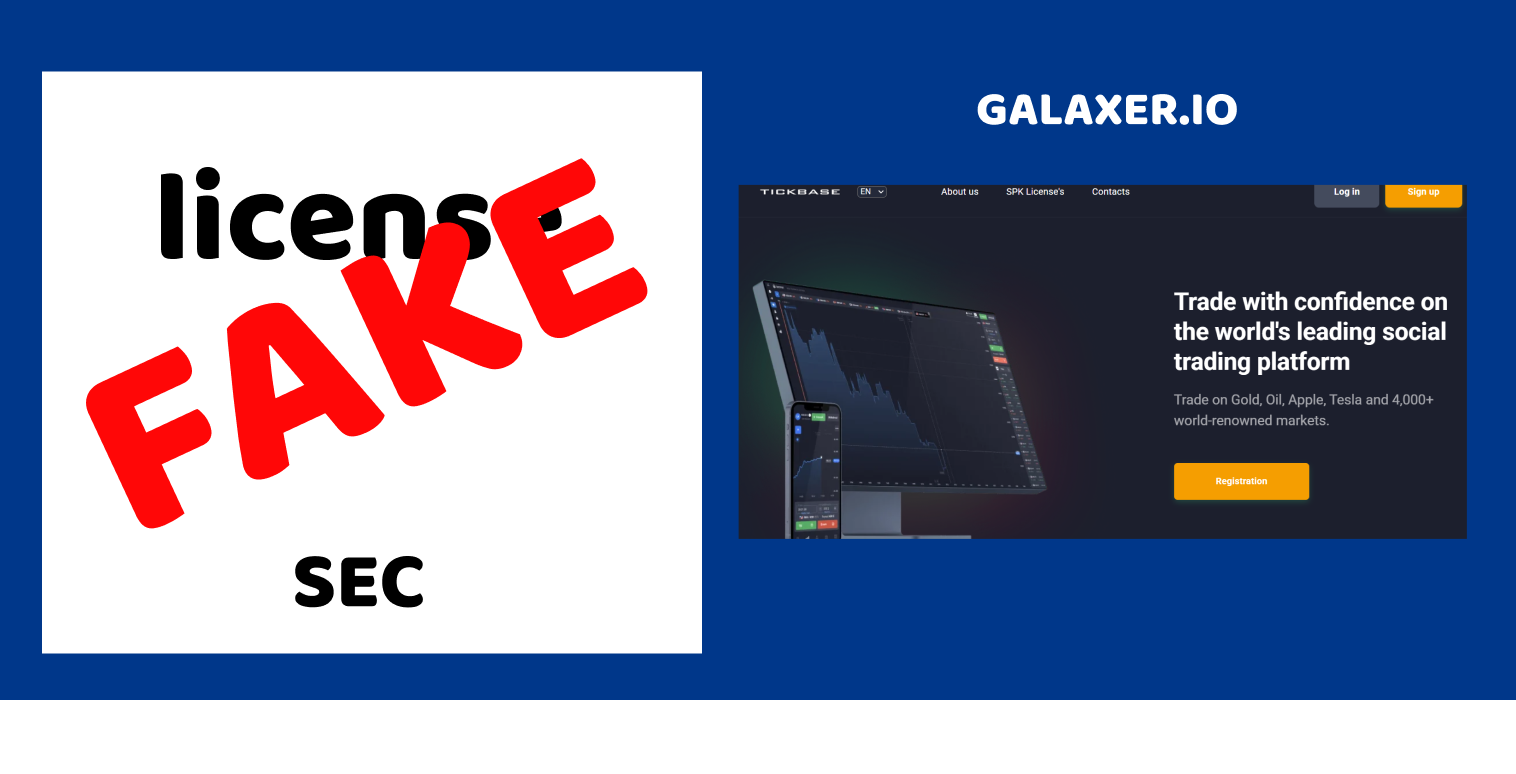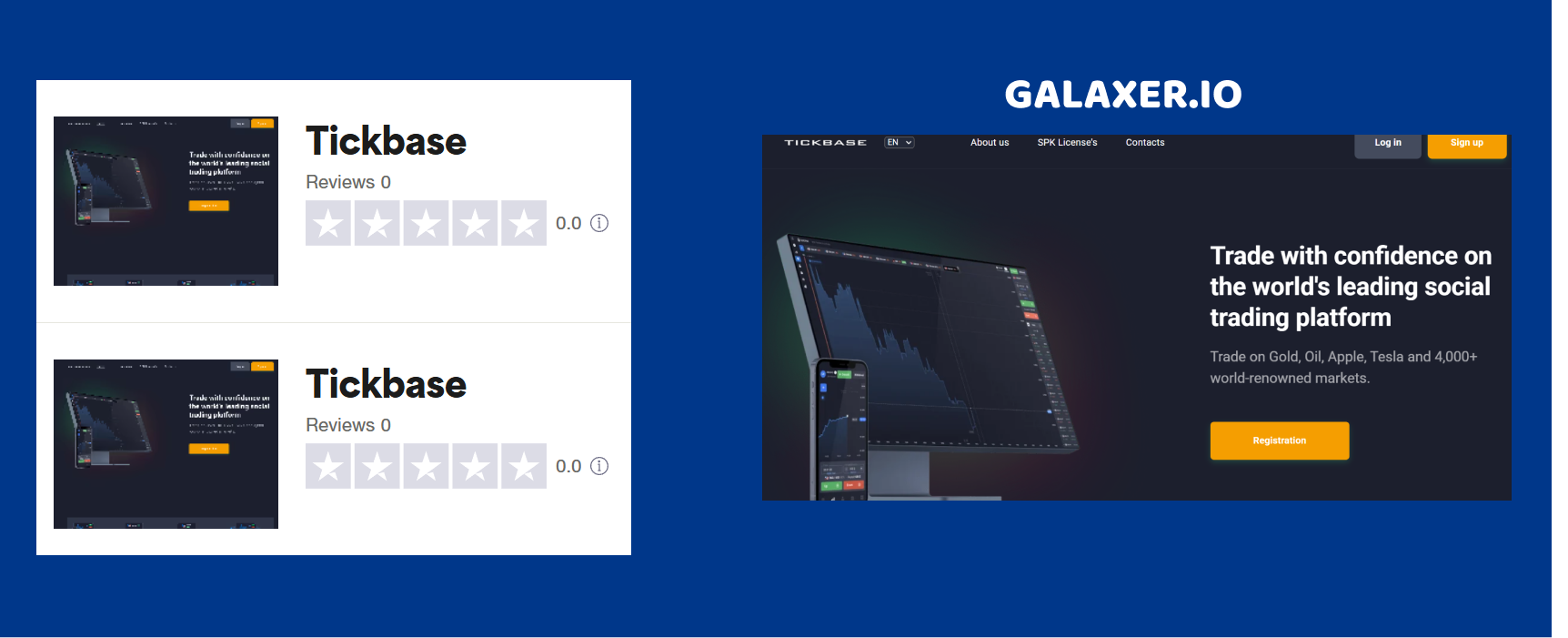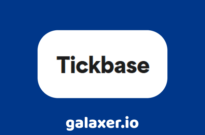Tick Base Review – Is This Broker Hiding Something?

When choosing a forex broker, one of the biggest mistakes traders make is trusting a company at face value. Fancy websites, bold claims, and big promises mean nothing if there’s no real proof to back them up. And that’s exactly why we decided to take a closer look at Tick Base.
At first glance, Tick Base presents itself as a legitimate broker. They claim to have been in the industry for over 20 years, and their website gives the impression of a professional operation. But the deeper we dig, the more red flags start appearing.
Is Tick Base a reliable broker, or is it just another scam operation designed to take your money? Our investigation will break down everything you need to know—from their domain registration date to fake licensing and suspiciously missing reviews. Let’s find out if Tick Base is really what it claims to be.
Tick Base Scam Investigation: General Information
To get a full picture of Tick Base, let’s break down the key details about this broker. Here’s what we found:
| Category | Details |
| Website | tickbase.eu |
| Platforms | No information provided |
| Restricted Countries | USA, Canada, Hong Kong, EEA countries |
| Leverage | No information provided |
| Account Types | “Open real account”, “Demo account” |
| Contacts | Email: [email protected], Phone: +44 7539 317530 |
A few things stand out immediately. No platform information is provided, which is odd for a forex broker. Legitimate firms typically offer MetaTrader (MT4/MT5) or a proprietary web trader, but Tick Base conveniently skips this detail. No leverage details are listed either—another red flag. Reliable brokers clearly state leverage ratios, as they impact risk exposure.
The restricted countries list includes major financial hubs like the USA, Canada, and the EEA (European Economic Area). This suggests that Tick Base is not authorized to operate in these jurisdictions, meaning they lack proper licensing to serve traders in those regions.
Lastly, their contact details are suspicious. A +44 phone number doesn’t confirm legitimacy—many scam brokers use UK numbers through VoIP services to appear credible.
All in all, Tick Base provides very little useful information, which is typical for shady brokers looking to avoid scrutiny. If a company hides basic trading conditions, it’s usually because they have something to conceal.
Tick Base Scam Investigation: Domain Registration Date
One of the first things to check when evaluating a broker’s legitimacy is the domain registration date. If a broker claims to have been around for decades but their website was registered just a few years ago, that’s an immediate red flag.
Now, let’s take a look at Tick Base. According to their claims, the company was established in 2003. Sounds solid, right? A broker with over two decades of experience should have a well-established reputation. However, when we checked the actual date of domain registration, things took a turn. The website was only registered on December 7, 2014.
Let’s think about this. Why would a company that supposedly existed since 2003 wait 11 years before registering its domain? It makes no sense. Any legitimate broker would have had an online presence long before that. This is a classic trick used by scam brokers—claiming a much older foundation date to appear more trustworthy.
It’s clear that Tick Base is trying to manipulate its image, but once you look at the actual data, the deception becomes obvious. A real broker that has been around for two decades wouldn’t need to fake its history.

Tick Base Scam Investigation: Fake or Unreliable Licensing
Regulation is the backbone of a trustworthy broker. A properly licensed broker operates under strict financial laws, ensuring client protection and fund security. But what happens when a broker flaunts a questionable license? That’s where things get shady.
Tick Base claims to be regulated by SEC. At first glance, that might seem impressive—after all, the U.S. Securities and Exchange Commission (SEC) is a legitimate financial authority. But there’s a problem. The SEC does not regulate forex brokers. Their jurisdiction is over securities and stock markets, not forex trading.
So, why would Tick Base mention the SEC? Simple—name-dropping a well-known regulatory body makes them look credible to unsuspecting traders. But here’s the kicker: their license type is marked as “The license cannot be trusted.” This means that either the license is completely fake or it comes from a non-reputable offshore regulator that offers little to no protection for traders.
Reputable forex regulators include the FCA (UK), ASIC (Australia), and CySEC (Cyprus)—not the SEC for forex trading. The fact that Tick Base tries to mislead traders with regulatory claims is a huge red flag. If a broker has to lie about its license, can you really trust them with your money?

Tick Base Scam Investigation: Suspicious Lack of Reviews
One of the easiest ways to gauge a broker’s reputation is by checking user reviews. If traders have been using the platform for years, there should be plenty of feedback—both positive and negative. But when a broker has no reviews at all, it raises serious concerns.
Tick Base has zero reviews on Trustpilot. No ratings, no user feedback—nothing. For a company that claims to have been around since 2003, this is extremely unusual. A legitimate broker with years of operation should have a history of customer interactions. Even the best brokers receive complaints, but at least they show signs of real activity.
So, what’s the explanation here? There are two possibilities:
- Tick Base is completely unknown because it’s not actually an active broker. In other words, they might be a shell operation designed for short-term scamming before disappearing.
- Negative reviews were removed—a tactic often used by scam brokers to wipe away complaints. Some shady companies even threaten customers or pay Trustpilot to delete bad reviews.
Either way, the lack of reviews is a major red flag. If nobody is talking about this broker, it’s either because they have no real users or they’re actively hiding something. Would you trust a broker that leaves no trace of real traders’ experiences?

Tick Base Scam Investigation: Final Verdict
After thoroughly analyzing Tick Base, the evidence speaks for itself—this broker cannot be trusted. Every key aspect of a legitimate brokerage is either missing, misleading, or outright suspicious. Let’s summarize what we uncovered:
- Fake Longevity Claims – Tick Base claims to be operating since 2003, yet their domain was only registered in 2014. Why would an “established” broker wait 11 years to create a website? This is a classic deception tactic.
- Untrustworthy Licensing – They mention SEC as their regulator, but the U.S. SEC does not regulate forex brokers. This is an intentional move to mislead traders into believing they are protected when they aren’t.
- No Reviews, No Reputation – For a company claiming to exist for two decades, there are zero reviews on Trustpilot. Either this broker is unknown, inactive, or actively hiding negative feedback.
- Lack of Transparency – No details on trading platforms, leverage, or real account conditions. A broker that refuses to provide basic trading information is one you should avoid.
Should You Trust Tick Base? Absolutely Not.
A real broker does not need to fake its history, mislead traders about regulations, or hide basic information. Tick Base fails every credibility test, making it a high-risk option for anyone looking to trade forex. The safest move? Stay far away. There are many regulated brokers out there—don’t waste your money on a firm that’s clearly trying to hide something.





